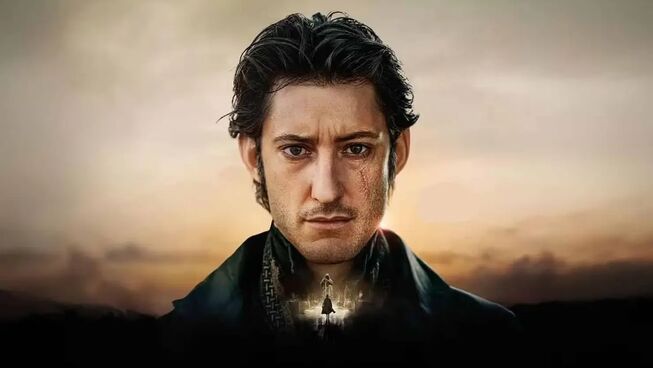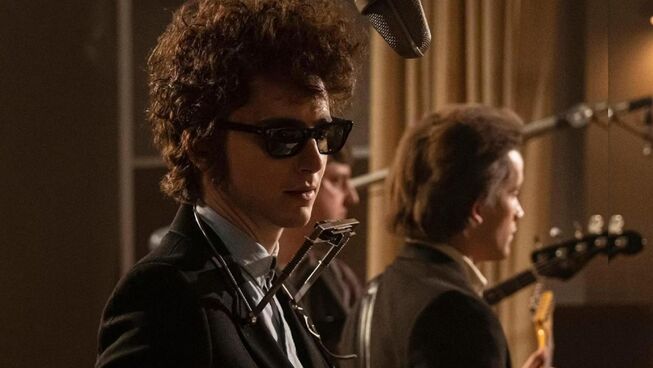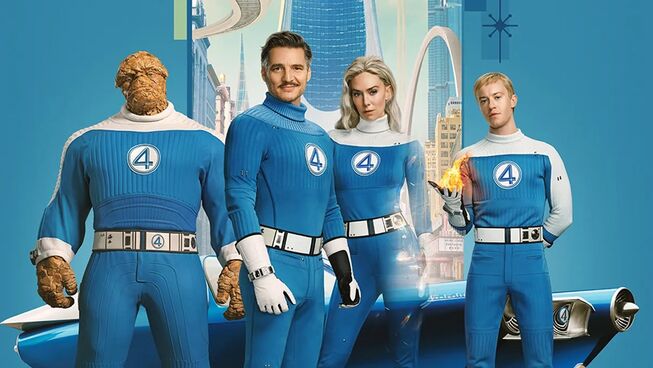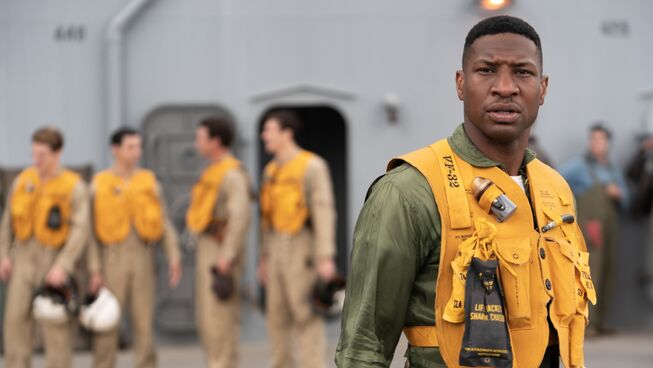The Eight Mountains
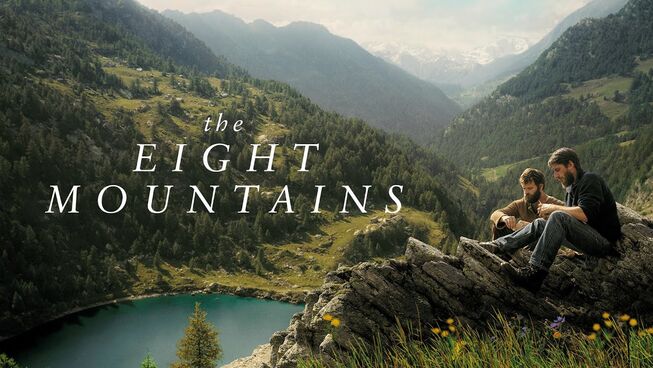
⭐️ ⭐️ ⭐️ 1/2 (out of 5)
At Reel Dialogue, there is always a buzz when films about male friendship that are not laden with modern agendas come out. Tales that uniquely tap into the male psyche by unpacking the expression of these bonds. Though many men may struggle to engage with the Italian context, The Eight Mountains does show the value of male camaraderie that spans a lifetime.
Based on Paolo Cognetti’s novel of the same name, the story focusses on Pietro (Andrea Palma/Luca Marinelli), who lives an isolated life in Turin. Yet, when he holidays in a small village with his parents in the Italian Alps, he befriends one of the local boys in the small community. Bruno (Francesco Palombelli/Alessandro Borghi) was raised to find entertainment in the wilds of the mountains. He has learned to survive as one of the only children in the village. The two boys build an unlikely bond since they come from different worlds, but they bring out the best in one another over the years. Yet, as the years wear on, they ebb and flow through one another’s lives until tragedy brings them together, and they decide to build a house in the mountains. This project unearths connections in their past that bond them together regardless of where they find themselves in the world.
For those familiar with Buddhist lore and ancient Indian cosmology, the book and film title references a spiritual bond between these men. Still, the true magic of this film is found in the relationship between the two men. Paolo Cognetti’s story delves into how men can remain steadfast over the years and how forgiveness can be a salve for friends. As they are separated over the years, and both have their time of wandering through life, they both seem to know they can rely on each other. Alessandro Borghi is as compelling as Bruno and convincingly embodies the heart of the mountain man. Meanwhile, Luca Marinelli balances his visceral and manly friend with the worldly and softer side of masculinity.
The Eight Mountains is as tragic as it is exhilarating. Still, it displays a beautiful side of male friendship. It proves how valuable those relationships are in the lives of men.
Reel Dialogue: Reel Masculinity
Comparing the key archetypes in scriptwriting to the character of Jesus Christ
Leader, Caregiver, Everyman, Romantic, Mentor, Innovator, Explorer, Lover, Hero
"Every micro story and theme can be traced back to the metanarrative of the Bible"
Three things were covered in this talk:
- Look at the archetypes of screen-writing
- See how each represents a Biblical principle
- Then explain what this means for men. How it begins to set the standard for manhood.
What could someone get from this talk?
- Think of who you would use to define these archetypes
- How are you representing this aspect of this example of manhood.
- Families: How can you encourage and support your husbands, fathers and sons to live out this example?
“Jesus, is the perfect divine depiction of manhood. He defines true masculinity.” - Vince Miller (Resolute)

Reel Marriage
Lights, Camera... Movies and Marriage!
Marriage is one of life’s greatest blessings, yet it faces countless challenges in today’s world. How can we strengthen our commitment and help others see its value? The Bible offers wisdom, but what if movies could serve as a bridge to deeper conversations about love, faith, and commitment?
Reel Marriage explores how film and Scripture can illuminate the beauty of marriage, providing fresh insights into God’s design for love and relationships. From classic romances to modern dramas, movies capture couples' struggles and triumphs, mirroring biblical truths in powerful ways.
Faith and film unite. Are you ready to see marriage in a whole new light?
If you order your copy today you will also receive a complementary handbook that is only available with the purchase of the book (Print or ebook)

